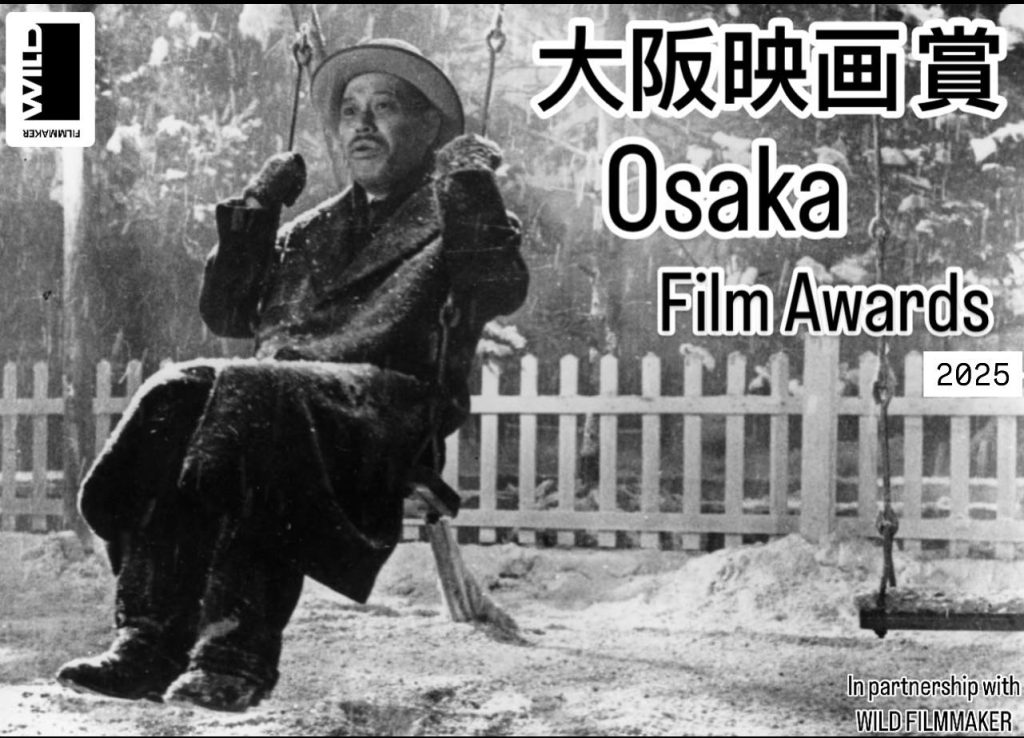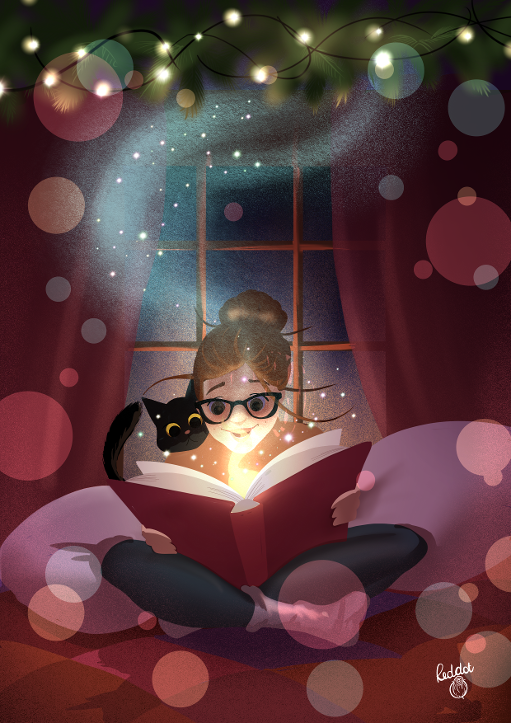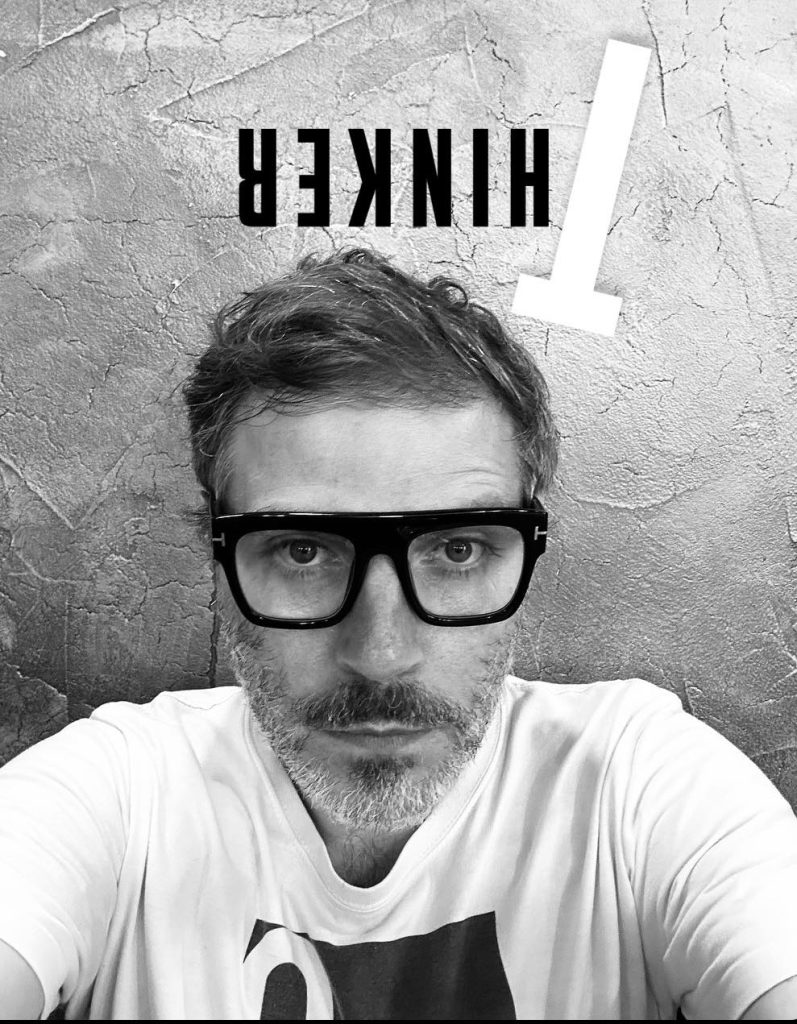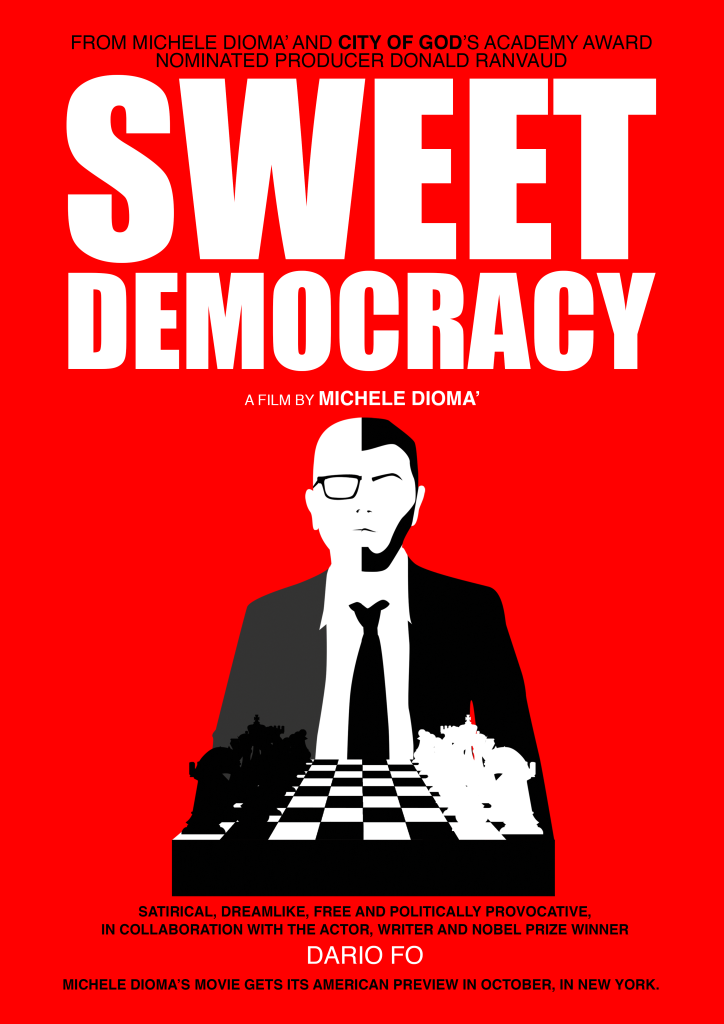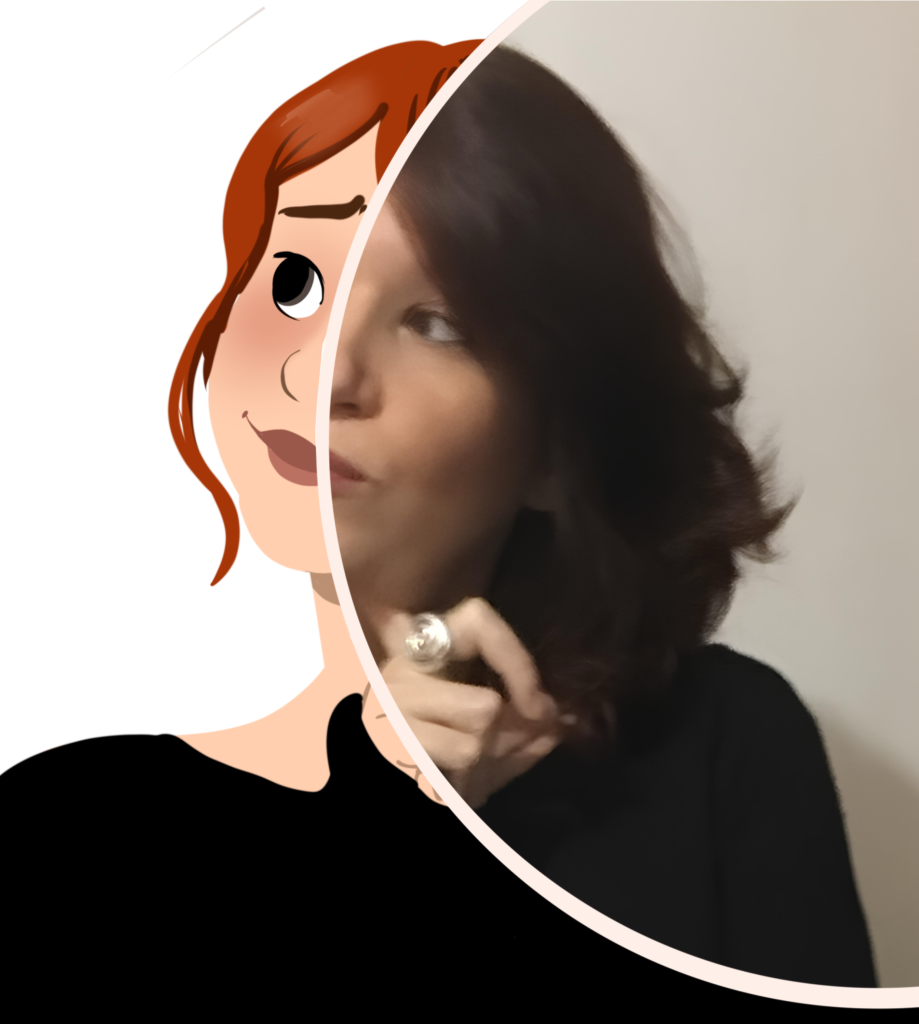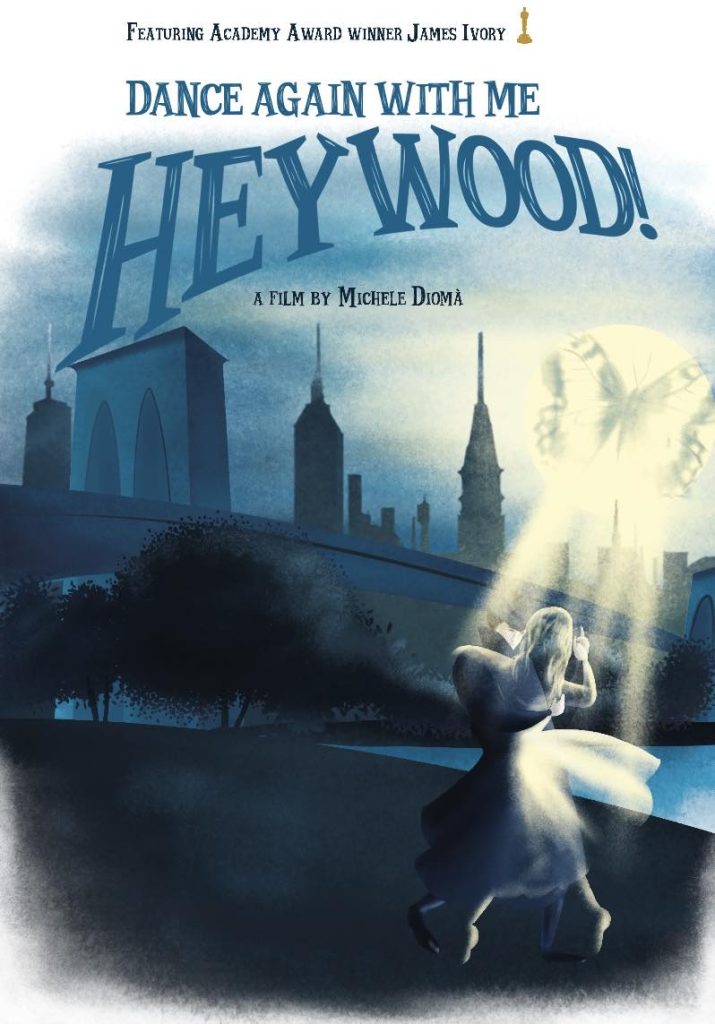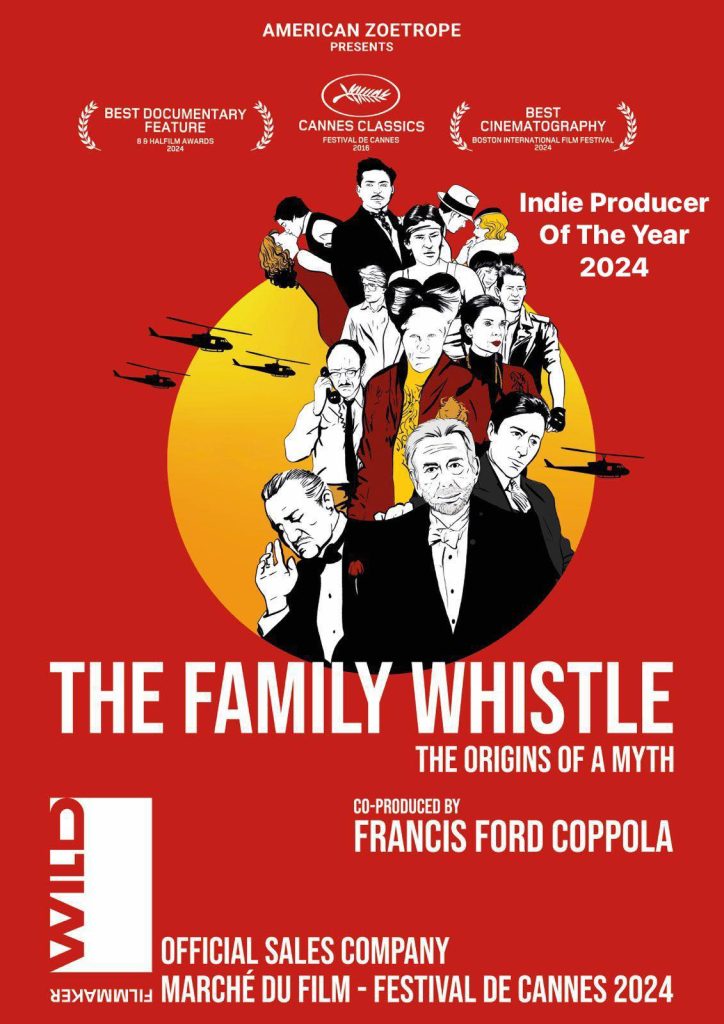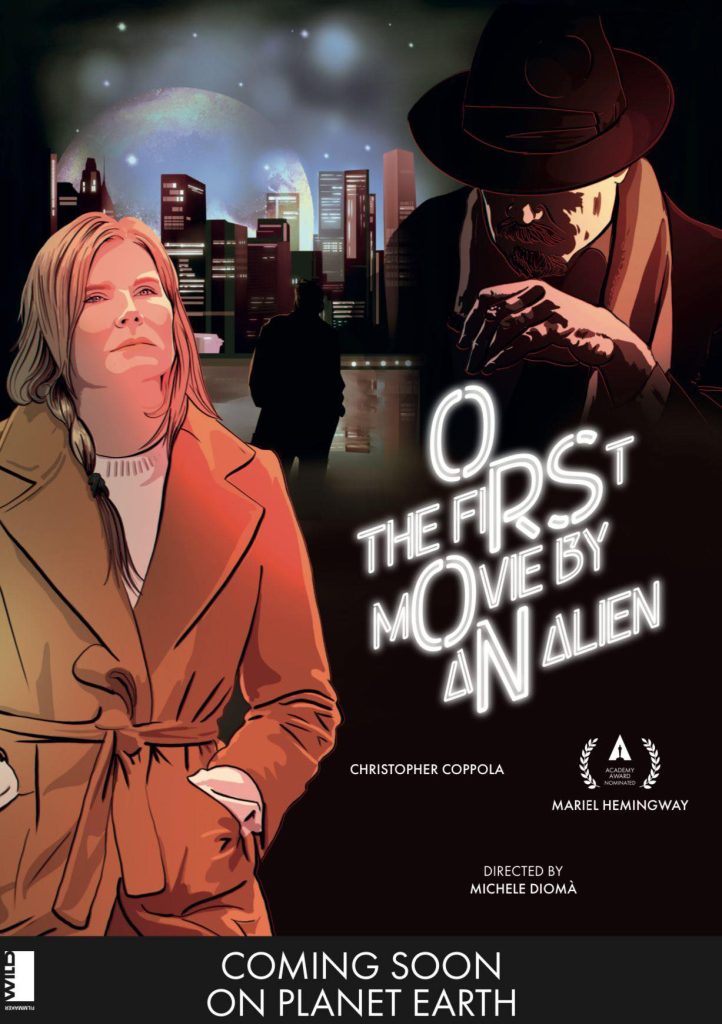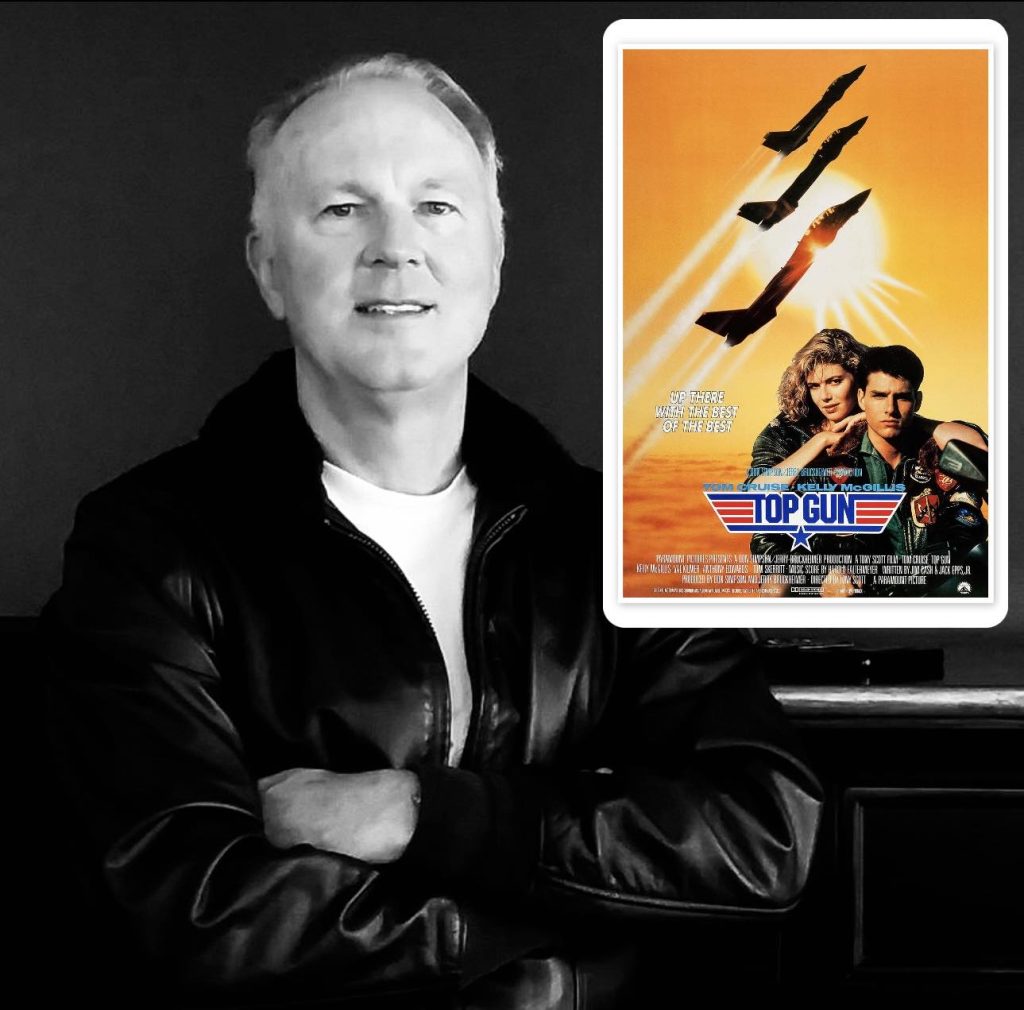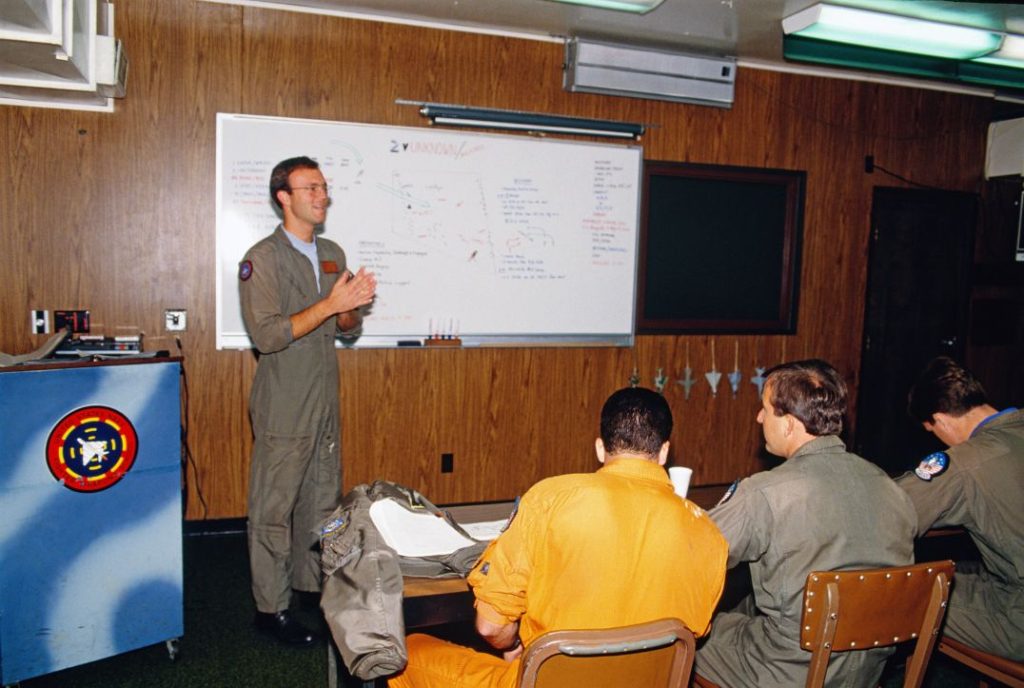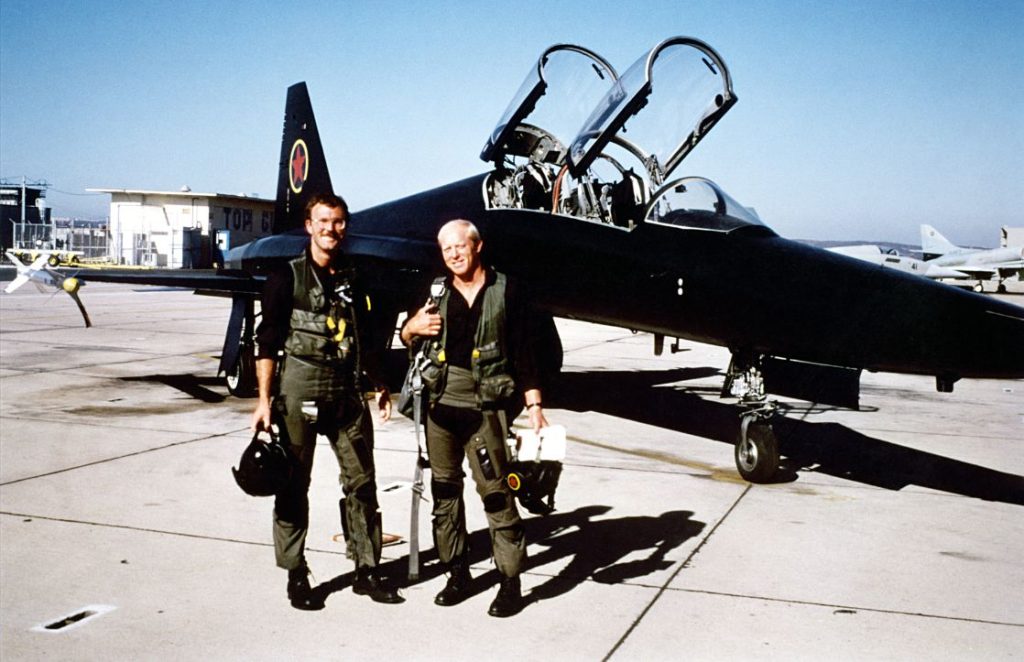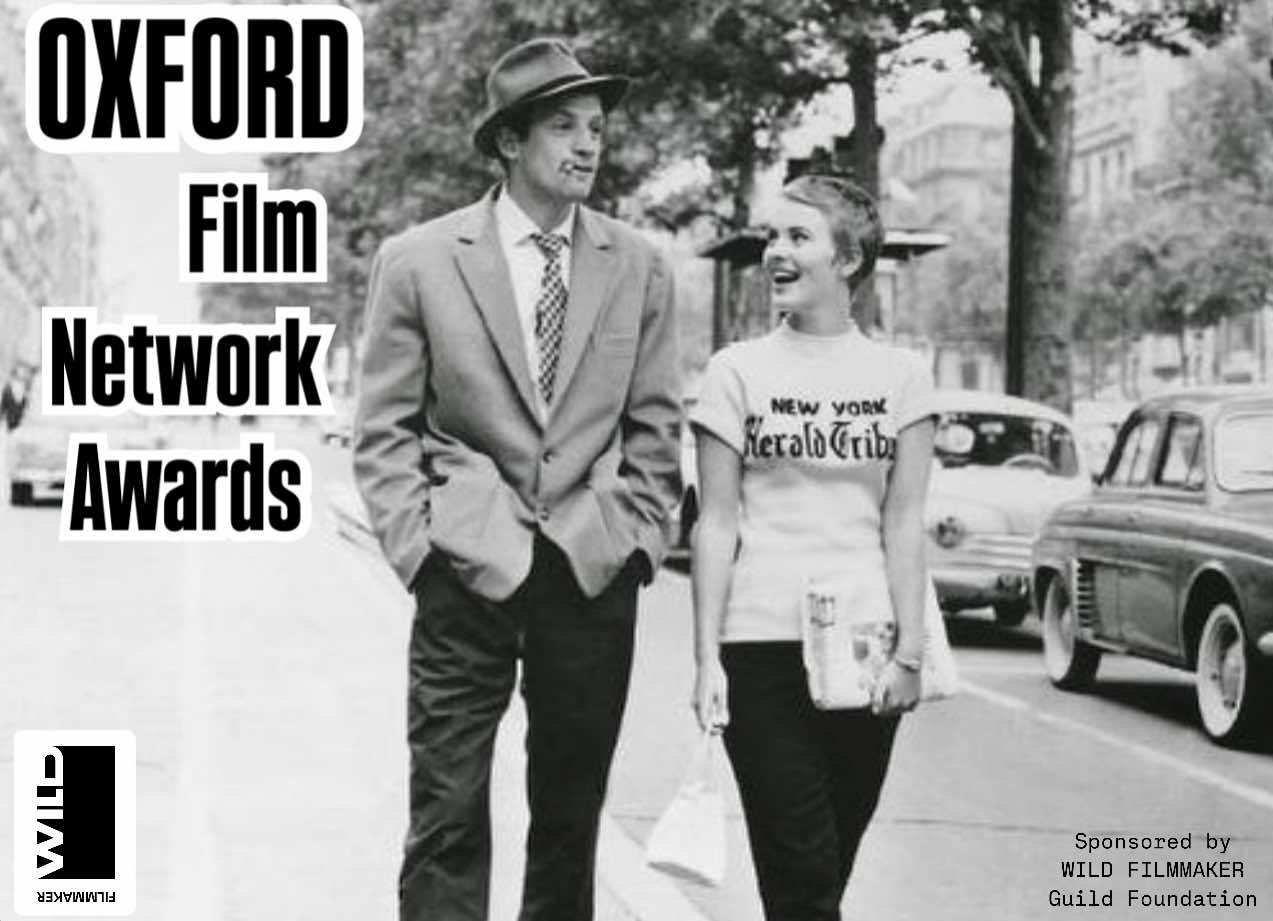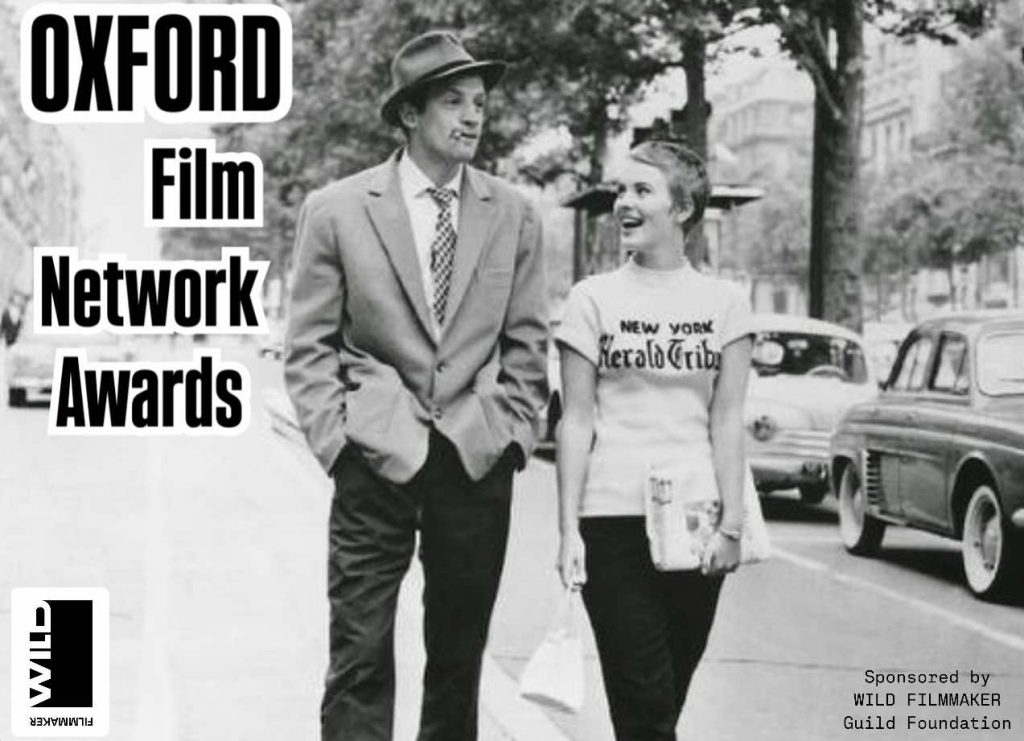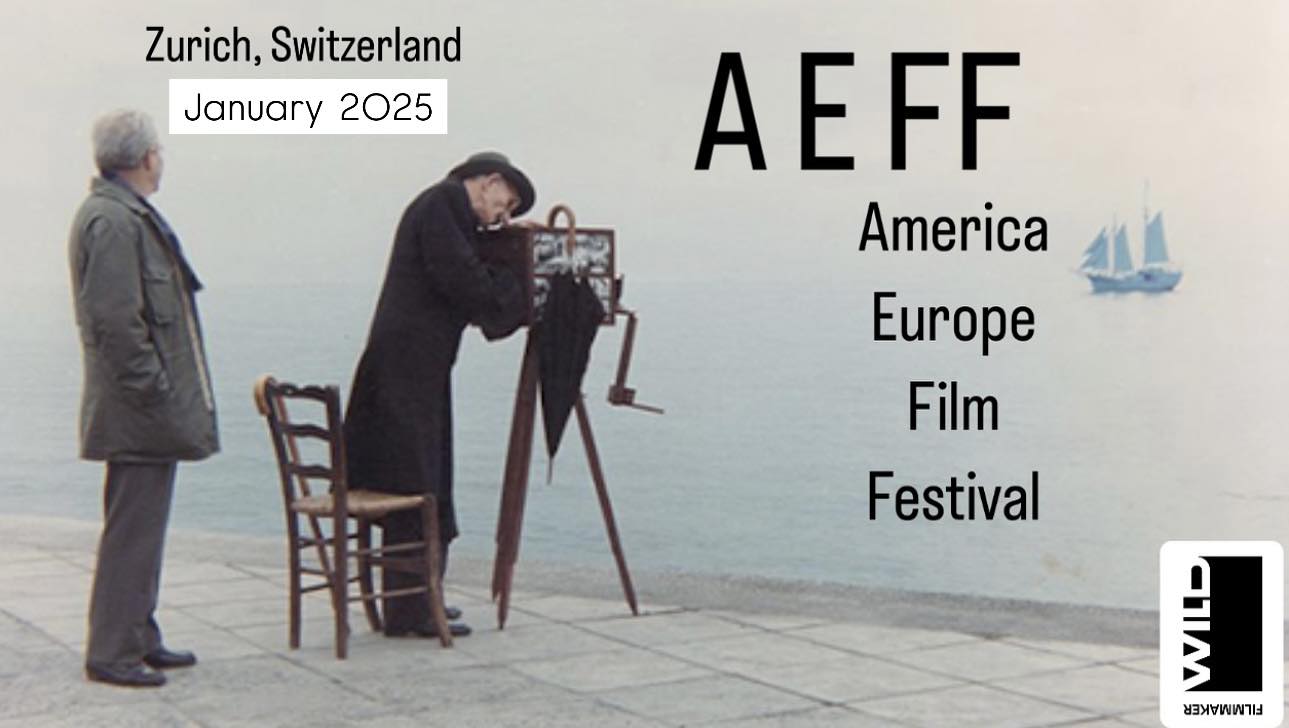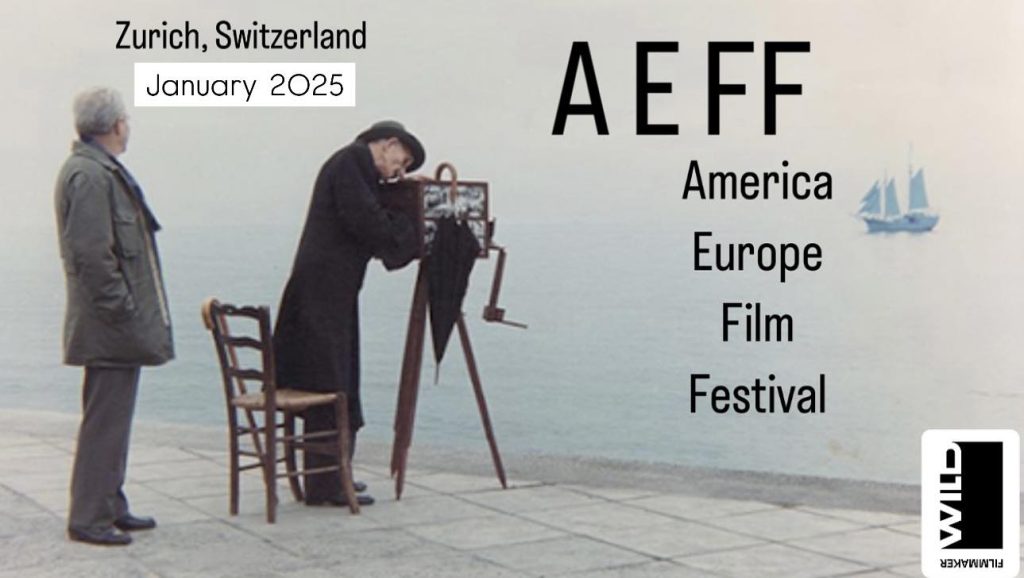Vision in Motion is a web agency founded in 2006, working on Brand Identity, Content Editing, Social Media Marketing and Advertising of professionals and companies to support them and succeed in their digital experience.

In almost twenty years of experience we have designed and created from catalogue mini-website to the most complex corporate commerce project, developing almost exclusively tailor-made solutions. To turn an idea into a successful marketing project we believe in three fundamental concepts: curiosity, creativity and collaboration.

Fig.1 – Vision in Motion payoff (tagline): “Curiosity, Creativity, Collaboration”
Unsurprisingly, these characteristics also qualify the production of an artistic project, a film, a video clip or a commercial! Differently from traditional advertising graphic agencies we set technically the website with maximum flexibility, analyzing for each need six key factors:
● The Technical Performance of the website (speed, server power, mobile devices layout fitting)
● Website security (physical firewall + software firewall and SSL security certificates)
● The Platform scalability (Vision in Motion sites are highly flexible and time-scalable)
● The User Experience (UX) provided to the navigator, which must be pleasant and as simple as possible
● Search Engine Optimization (SEO), the optimization of pages for search and ranking on Google, which includes many factors (there are more than 200 in play, from the domain name to tags, keywords, sitemap and Meta integrations through the Open Graph protocol)
● Compatibility with international privacy laws (GDPR)
Today a website is an hybrid of all these factors, which make up the foundation for any social media marketing activity, professional advertising campaigns and even film production, mainstream television and art distribution strategies. In the same way that we work on the various stages of a film, a script, a treatment, a short film or a video clip (the various drafts of the script, storyboards, filming, video editing, audio editing, etc…) Consider the following pattern leading from the platform to the goal of a conversion (for example, an ecommerce sale):
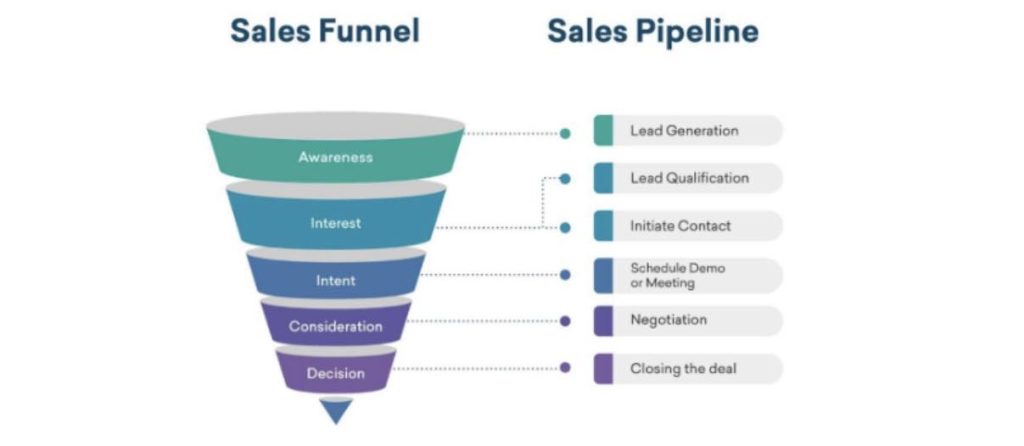
Fig. 2 – The marketing Sales Funnel . A high-performance website helps the lead generation and lead qualification.
To get a right return on investment (ROI), whether we need to sell a product or service on our ecommerce, or we need to grow our followers on social networks, whether we need to try to attract a producer for one of our film projects, we will need to use the pipelines and processes outlined above.
A website is our business card on internet and, if accompanied by correct social strategies and SEO, it becomes the most institutional and professional tool to best introduce our projects to a worldwide audience. Let’s take as a case-study the site of my short film Boombox (which has received more than 50 international awards) -> https://boomboxthemovie.com/en It has a modular architecture that allows us to add pages, modules, trailers, merchandising, reviews and much more.
The site is built with the CMS (Content Management System) Joomla for security reasons, but Vision in Motion also works with platforms such as WordPress, Woocommerce, Drupal, etc…
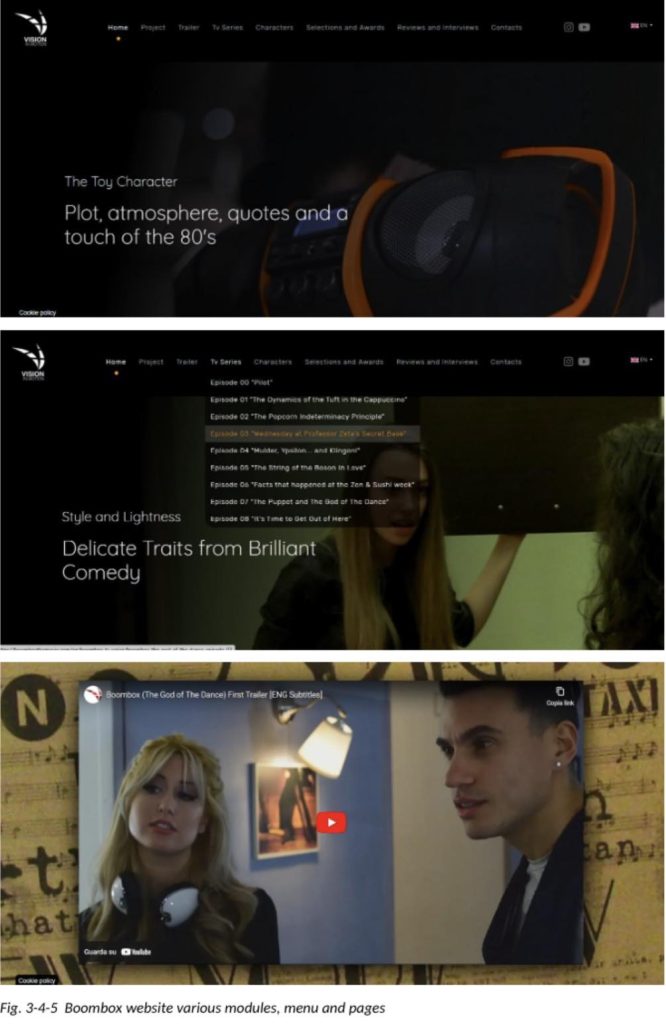
Depending on the evolution of the project over time, the site can become from a catalog site to a blog, an ecommerce, a site for subscriptions to projects and events, such as the same https://wildfilmmaker.net
We like to take care of all aspects of a client’s digital image, from graphic design, domain name purchase, SEO, social networking and advertising campaigns, because we can take full advantage of those structural consistency and user experience factors (for example the Google Core Web Vitals) that are dear to Google and other search engines.
Like mentioned before our websites are built with SEO in mind, but what is SEO and why it’so important? Search Engine Optimization (SEO) improves a website’s visibility on search engines like Google. It involves optimizing various aspects of the website, including content, structure and performance, to make it easier for search engines to understand and rank. SEO is crucial because it directly impacts how easily potential visitors can find your website. When your site ranks higher in search engine results, you attract more organic traffic, often more valuable than traffic from ads. Since most users click on the first few results, a well-optimized site can drive significant growth for your business or blog! Ignoring SEO, on the other hand, could mean losing out on valuable visitors and potential customers to competitors. Core Web Vitals are a set of metrics that measure the real user experience related to page loading performance, interactivity and visual stability.
We strongly recommend site owners to have good metrics of Core Web Vitals to make the most of their search and ensure a great user experience overall.

Fig 6 . The Google Core Web Vitals, a set of metrics that measure the actual user experience related to the website.
For social marketing and advertising campaigns we use innovative and professional analysis tools such as Google Trends, Google Analytics, Semrush, Meta Business Manager, Google Search Console, Microsoft Advertising and Google Ads. After the first months of paid campaigns, we analyze the advertising performance together with some Google and Meta Strategist, so be always aware of the new algorithms used by Big Data Companies. In this context, we are very pleased to collaborate with the Wild Filmmaker network for the growth of independent cinema and for multiple projects of the community

For any information you can write directly to [email protected] , or check our website https://vision-in-motion.net


